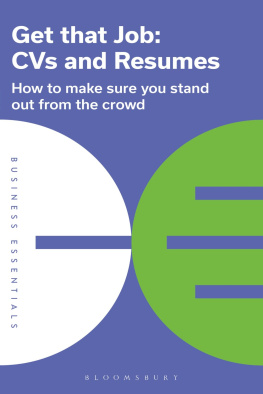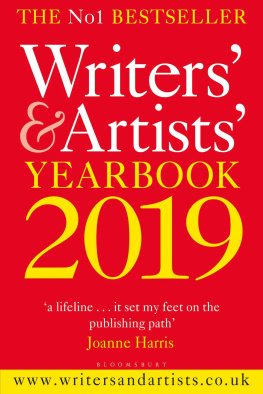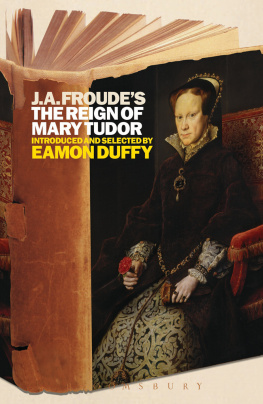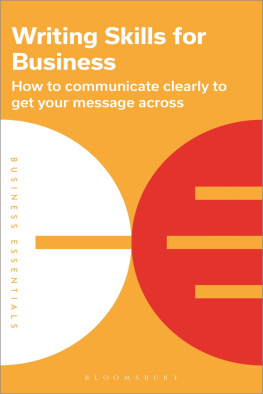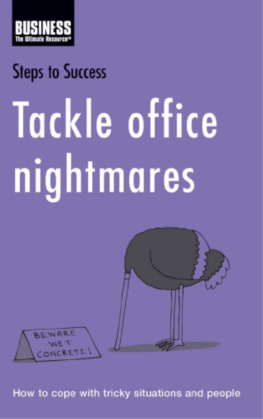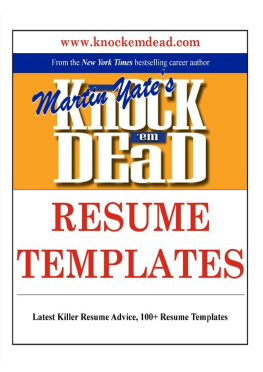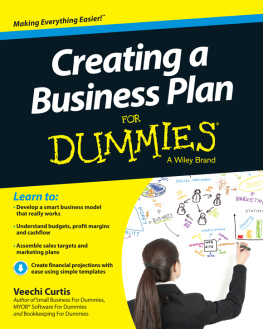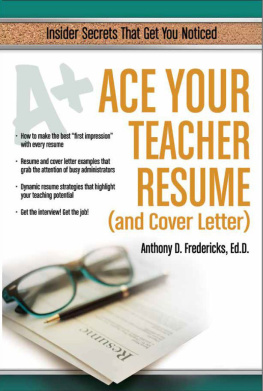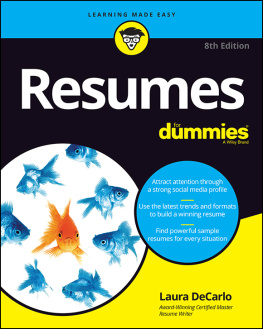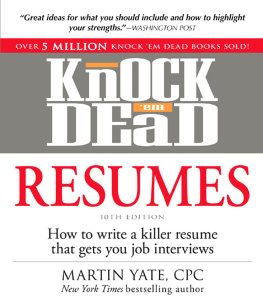


Contents
Although CVs are only a part of the whole job-hunting process, they are normally the way you get to meet a potential employer and sell yourself face to face. This questionnaire is designed to get you thinking about your skills, and to give pointers about how to play up your strengths in your CV and covering letter.
Where you are asked to give a rating, think of 1 as the lowest grade (i.e. poor, very little) and 5 as the highest (i.e. excellent, very much).
Consider the five skills your potential employer might view as most important (if you are thinking of a specific job, the job description or advertisement should give you some ideas). Give yourself a rating for each skill.
............... | | | | | |
............... | | | | | |
............... | | | | | |
............... | | | | | |
............... | | | | | |
Rate the match between your skills and your overall career goal.
1 2 3 4 5
Choose three of the following attributes that you think best suit you:
team player
hard working
intelligent
creative
eloquent
friendly
honest
serious
diplomatic
reliable
conscientious
professional
Think how you can best introduce these in your CV or covering letter.
Make a list of any extra skills that may help you stand out from the crowd of other applicants. How would you grade yourself for each skill?
............... | | | | | |
............... | | | | | |
............... | | | | | |
............... | | | | | |
............... | | | | | |
Rate yourself on each of the following interpersonal skills:
Communication | | | | | |
Assertiveness | | | | | |
Diplomacy | | | | | |
Negotiation | | | | | |
Teamwork | | | | | |
Its often useful to include a list of your IT skills. For example, rate your ability for each of the following:
Word processing (e.g. Word)
1 2 3 4 5
Spreadsheets (e.g. Excel)
1 2 3 4 5
Databases (e.g. Access, SQL Server)
1 2 3 4 5
Programming (e.g. HTML, Java, C++, Swift, Python)
1 2 3 4 5
Design applications (e.g. Adobe CC: InDesign, Illustrator, Photoshop, Sketch)
1 2 3 4 5
What is your main achievement of the past two years?
..........................................
..........................................
How could you relate this to the position you are applying for?
..........................................
..........................................
Think of the most important aspect of your education to date, and rate its usefulness to you in your job hunt.
1 2 3 4 5
Rate the experience gained from your leisure activities.
1 2 3 4 5
If you are considering changing career, think of the three skills you possess that could be most successfully transferred to your new potential career:
..........................................
..........................................
..........................................
Identifying your goals and your key skills
If youve not written a rsum or CV (curriculum vitae) before or havent updated one for a while, making a start can be daunting. It neednt be like that, though, and it is worth spending some time doing some planning before you start. Dont worry yet about how to set out all you want to say and what style of type you want to use. Think instead about your marketable skills in other words, what will make you attractive to a prospective employer.
Most of us think too narrowly about the skills we have to offer and as a result tend to undersell ourselves when we are looking for a new job or promotion. Here is a step-by-step guide to examining your life and work experiences, so that you can assess what your strengths are and sell yourself more effectively on your CV.
Start by contemplating your personal and professional goals. What educational, career, and leisure experiences have you had that will help you in your future job? Do you have a realistic picture of the match between your skills and your overall career goal?
Step one: Understand the real purpose of a CV
A winning CV is not one that gets you the job it is one that gets you the interview and so helps you get your foot in the door. Some people think that a fantastic CV alone will secure them their dream job, but that is rarely the case. For most recruiters, advertising a job and asking for CVs acts as a preliminary sifting process, whereby they can look out for the people with the right skills, experience and suitability for a given role, and then fix a time to meet them in person.
You need to create a CV that stands out from the crowd and that interests a potential employer enough for them to want to meet you in person or on a video call. The employment markets never been more competitive, and a human resources manager or recruiter can receive hundreds of CVs for every job opening. Even if youre not applying for an advertised position, but are instead hoping to register with an agency, you need to make sure that your CV looks impressive and well planned. Remember that you only have a few seconds to capture someones attention, and you dont want it to be for the wrong reasons!
All of the above may sound daunting, but dont worry: the steps outlined below will help you put together the CV that you need to make a big impact, whatever job youre after.
Step two: Begin at the end
Your CV is your chance to advertise your most marketable skills. Preparing a list of these may seem like hard work, but it is well worth doing. This list will help you to write a more powerful CV, as well as to present yourself more professionally to a potential employer. Its also excellent preparation for an interview you will feel confident about what you have to offer and will sell yourself better.
To best help you identify your marketable skills, you need to know what kind of a position youre looking for as it will help frame your job search. This will make you focus on the skills that you will need in your next job. This is the time, then, to work out what you want to achieve in your future career.
Generally, people tend to submit speculative or targeted CVs. If you have just graduated, you are working but unhappy in your current position, or you were recently made redundant, then you are probably planning to contact a large number of potential employers in different organizations. In this case, you are conducting a general or speculative career search so you will need to use several different CV formats. For instance, if you have a background in both IT and photography, you might have one CV that highlights your photographic skills for one set of employers and another CV that highlights your IT skills for another set of employers.
Next page
